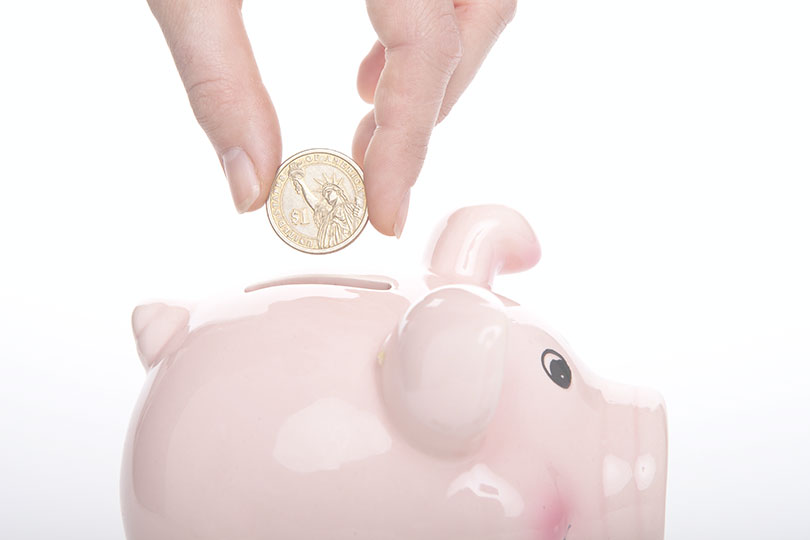Keeping multiple bank accounts comes with pros and cons. It is important to keep these in mind when evaluating how your personal finances could benefit from opening more than one account. If you are not organized and disciplined, this may not be the best route for you. Keeping track of your finances across multiple accounts is no easy task. However, utilizing a mix of bank accounts can help you earn more interest while allowing you access to needed funds. But if you don’t carefully manage your finances, you run the risk of incurring more fees.
You will need to thoroughly research the types of accounts available and determine what the ideal mix of accounts would be to meet your financial goals. If you prefer keeping things simple, opting for a basic savings and checking account at single institution could be your best bet. But, many of us could benefit from keeping more than one account, let’s examine the different kinds of accounts available and their benefits.
Checking accounts
First, decide whether you want an account at a brick and mortar bank or an online bank. If you don’t have a need to deposit cash or go into a physical branch, online banks often offer better interest rates and fees. Your checking accounts should be used for the money you will likely need access to on a regular basis. Having two checking accounts can make organizing funds easier. For example, you could you one checking account for leisure and one for bills so you always know exactly how much you can spend. If you are a freelancer or own a small business, it’s good to open separate accounts for personal and professional expenses. Another advantage of having two checking accounts is if for some reason there is an issue with one of your banks, you still have a way to get cash.
Savings accounts
Once your checking account situation is squared away, it’s time to think about opening a savings account. Your savings account can be crucial when you need emergency funds or if you want to save up for a major purchase. You may think the most logical option is to open one at the same bank as your checking. But, it is always a good idea to shop around. One thing to consider is that online savings accounts generally boast higher interest rates. If you have the funds, you may even want to look into more than one savings account or a health savings account (HSA). One thing to keep in mind is that many online banks have a lag when transferring funds between bank accounts. So don’t expect transfers to be immediate and they can often take up to three days.
Money market accounts
Most basic checking accounts are not interest bearing. Money market accounts are basically a blend of checking and savings accounts. They are interest bearing but also offer checks and debit cards. However, most have a minimum balance requirement and some have restrictions on how many times a month you can withdraw funds. Often, the higher your balance, the higher interest rate you can get. If you typically keep over $5,000 in you checking account, you should consider opening a money market account.
Now that you have a rundown of the primary benefits of each type of bank account. You should review your finances to determine if opening multiple accounts is a good idea for your personal finance plan.

